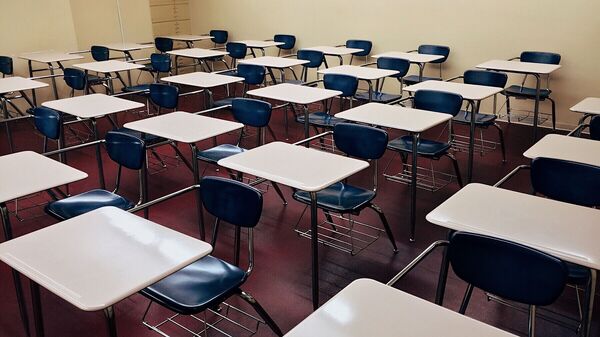While Sweden upped its performance in the Programme for International Student Assessment (PISA) from “well below average” to “above average”, its success may be based on false numbers that give an inaccurate picture of reality, a review by the newspaper Expressen has concluded.
A large number of foreign-born pupils were wrongly removed from the PISA sample, in violation of the OECD's official regulations, Expressen reported, having surveyed data from the National Agency for Education, the Swedish Migration Agency, and Statistics Sweden. Even Swedish-born pupils with weak language skills were also removed. According to Expressen, Sweden removed a larger proportion of students due to lack of language skills than there were 15-year-old new arrivals at the time of the exam.
Had the foreign-born pupils not been wrongly sorted out and the rules had been followed correctly, Sweden's PISA result would have looked considerably worse, the review concluded.
“There seem to be grave method errors here that systematically improved the average”, Magnus Henrekson, a professor at the Research Institute of Industrial Economics, told Expressen. “This is extremely serious, especially as the PISA results have in practice been used as a measure both of how Swedish schools stand in comparison with other countries and how it develops over time”, Henrekson said.
The latest PISA survey from December 2019 was hailed as a huge success for Swedish schools, as Swedish students performed better than the OECD average in mathematics, science, and reading comprehension. Education Minister Anna Ekström called it a “message of strength” that the improvement was attained despite a large number of new arrivals.
Previously, the National Agency for Education voiced suspicions that Sweden had excluded too many foreign-born pupils from participating in PISA. In December 2019, a few days after the PISA result was presented, the authority pointed out that there were too few foreign-born students in the sample.
In the recent result of the Programme for International Student Assessment (PISA), which tests 15-year-olds' scholastic success in reading, mathematics, and science in 79 countries around the globe, Sweden upped its performance from “well below average” to “above average”.
Between PISA 2009 and 2018, the proportion of students with a foreign background increased from 12 to 20 percent, and the OECD itself estimated that Sweden's improvement would have been even greater if the schools' demographics had not changed, the newspaper Dagens Samhälle reported.




